The CMP Review — Week of February 10
February 10, 2025
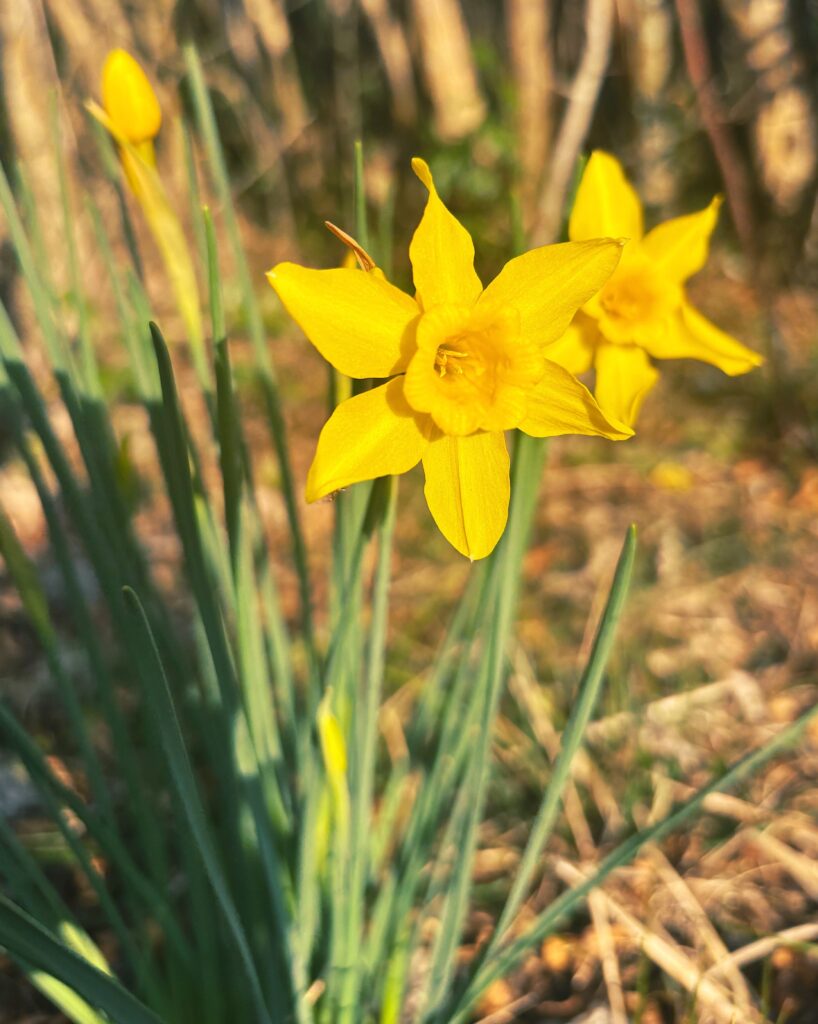
“The flowers, it is true, are not new; but the children are; and it is the fault of their elders if every new flower they come upon is not to them a Piccola, a mystery of beauty to be watched from day to day with unspeakable awe and delight.” (Vol. 1, p. 53)
@tessakeath
February 11, 2025
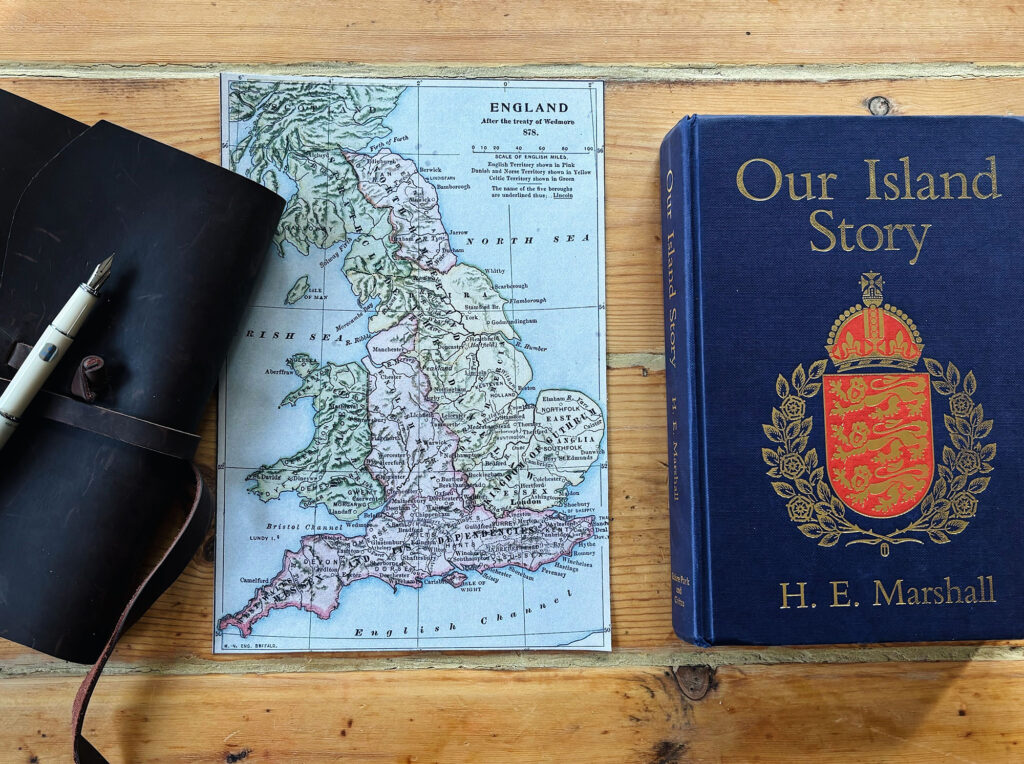
“Next in order to religious knowledge, history is the pivot upon which our curriculum turns,” wrote Charlotte Mason: “History is the rich pasture of the mind.” How can such a claim be sustained? And what implications does it have for teaching?
Ellen Parish set out to answer these questions at the 10th Annual PNEU Conference in 1906. She had graduated from Mason’s House of Education and was teaching at a PNEU school Surrey. Her presentation at the conference ranged from the ideal to the practical, exploring the inspiring nature of history and setting out a sample lesson plan. You can read or listen to her “The Teaching of History to Young Children” here.
@artmiddlekauff
February 12, 2025
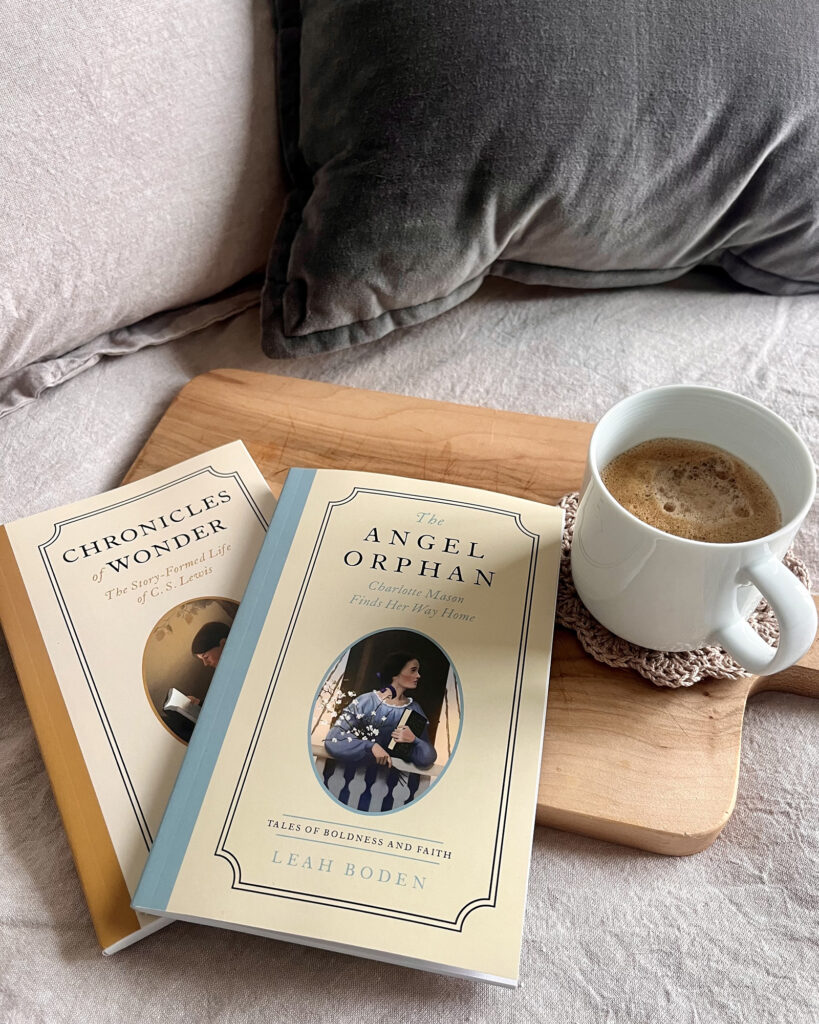
Snuggling up with these beauties today.
I’ve known and loved Leah Boden/Modern Miss Mason’s writing for over a decade through her IG posts, articles in Wild + Free and her eponymous book Modern Miss Mason. These are all written for adults, though they surely bless children. And now Leah has a series of children’s books that will also bless adults. As C.S. Lewis famously said, “A children’s story that can only be enjoyed by children is not a good children’s story in the slightest.”
The first two titles of Tales of Boldness and Faith have been released—fictional biographies detailing the inspirational lives of Charlotte Mason and C.S. Lewis. The third one, on Sarah Forbes Bonetta, is due to be released in August. I’m just two chapters into The Angel Orphan and it’s already both moving and meaningful.
Find out more about these living books as well as join the launch party (either in person or via a digital ticket) by visiting this link.
@rbaburina
February 13, 2025
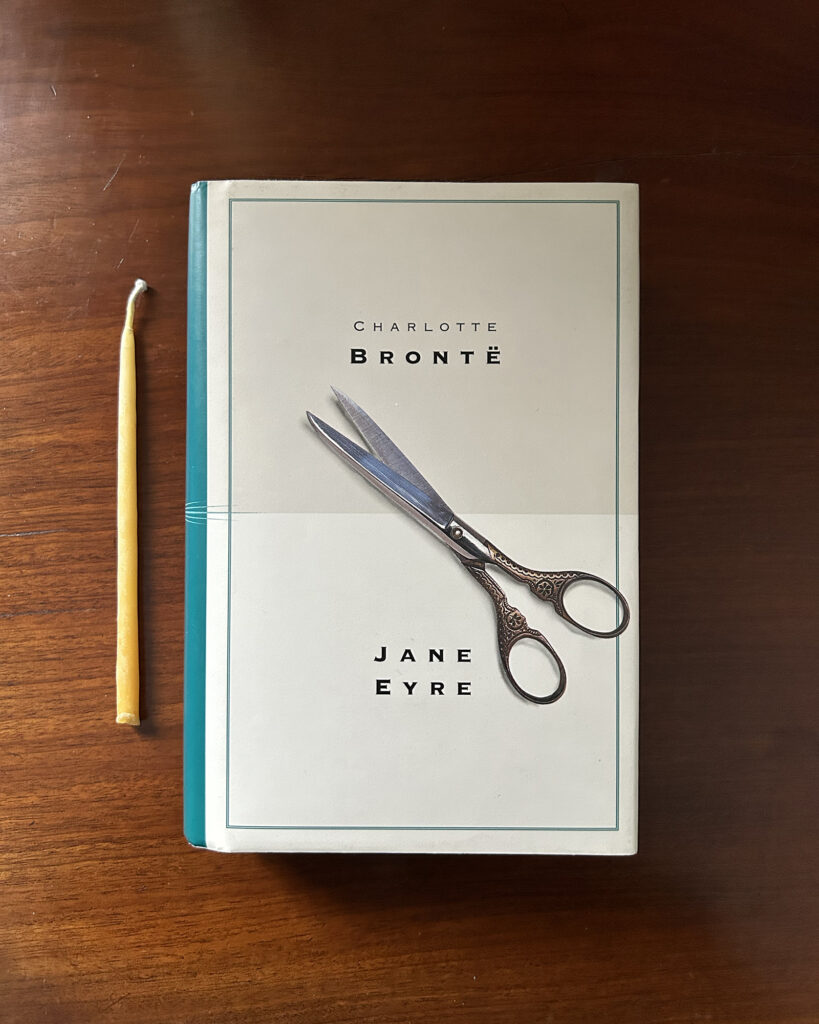
Before I discovered Charlotte Mason, before I even started homeschooling, I chose to broaden my horizons and listen to classics on my drive to and from work. The book that moved me the most was Jane Eyre. At the end it brought tears to my eyes.
I loved it so much that I listened to the book a second time through. And again it moved to tears.
Now that I have been homeschooling for years I am delighted to be reading Jane Eyre with my son. It’s my third time through the book, though this time I’m reading it. For a third time the words are coming to life for me, and for a third time they are making me cry.
When Jane Eyre resolves to leave Lowood, she says to herself, “now I remembered that the real world was wide, and that a varied field of hopes and fears, of sensations and excitements, awaited those who had courage to go forth into its expanse, to seek real knowledge of life…”
Charlotte Mason knew about this desire for knowledge. In fact, she said that “it may be that the souls of all children are waiting for the call of knowledge to awaken them to delightful living.” Whether the children of a mining village 1914 or a software engineer driving to work in 2002, we are all persons ready for knowledge to awaken our souls.
@artmiddlekauff
February 14, 2025

I’ve said it before and I’ll say it again.
Deer prints in the snow. A sign of God’s love for us!
Double, even. 💕
@antonella.f.greco
February 15, 2025
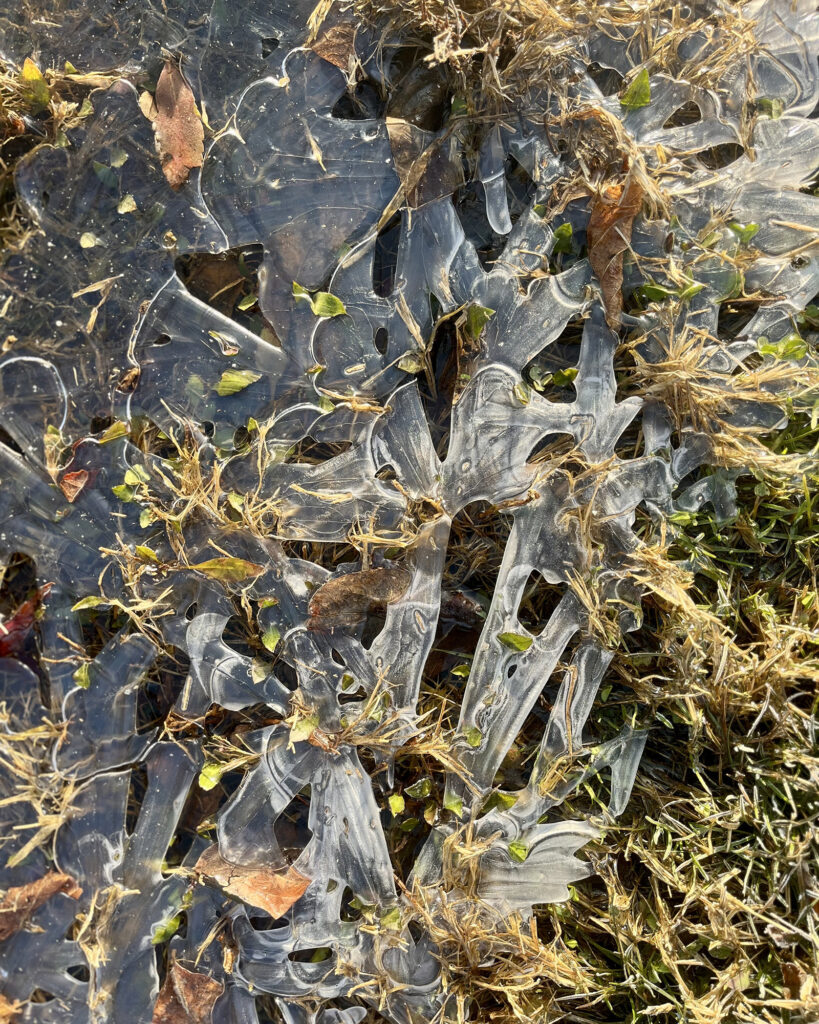
Knowing that Nature never did betray
The heart that loved her; ’tis her privilege,
Through all the years of this our life, to lead
From joy to joy: for she can so inform
The mind that is within us, so impress
With quietness and beauty, and so feed
With lofty thoughts, that neither evil tongues,
Rash judgments, nor the sneers of selfish men,
Nor greetings where no kindness is, nor all
The dreary intercourse of daily life,
Shall e’er prevail against us, or disturb
Our cheerful faith, that all which we behold
Is full of blessings. Therefore let the moon
Shine on thee in thy solitary walk;
And let the misty mountain-winds be free
To blow against thee…
Wordsworth’s prayer from Lines Composed a Few Miles above Tintern Abbey, On Revisiting the Banks of the Wye during a Tour. July 13, 1798
@rbaburina
February 16, 2025
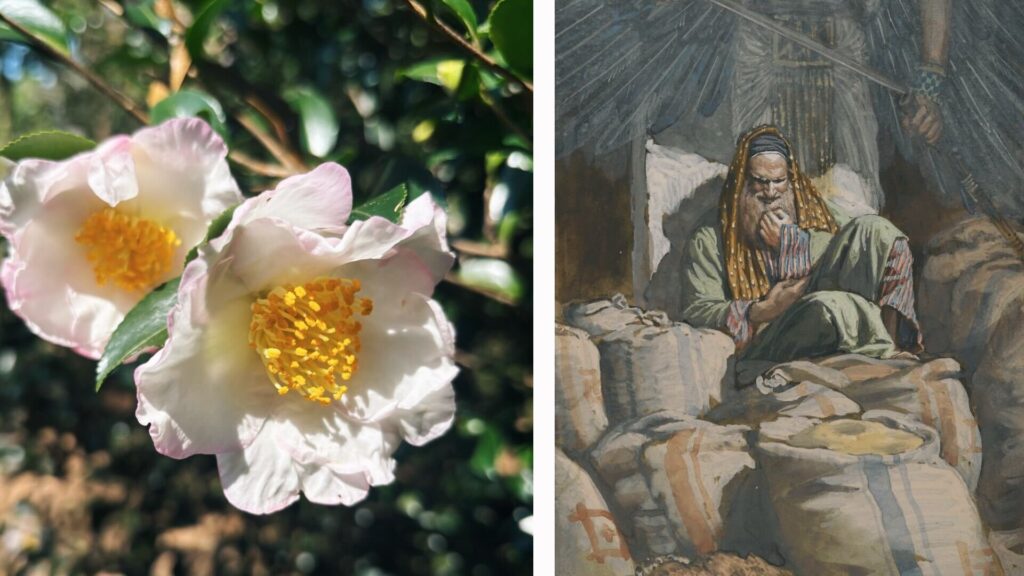
“Do not be afraid when one becomes rich,” writes the Psalmist, “for when he dies he shall carry nothing away; his glory shall not descend after him. Though while he lives he blesses himself (for men will praise you when you do well for yourself), he shall go to the generation of his fathers; they shall never see light.”
In Luke 12, Jesus told the parable of a man who blessed himself because he had become rich. In six concise verses Christ left us with a clear message and a space for our imagination. Charlotte Mason filled that space with her expansive poem “The rich fool.” You can read or hear that poem here and immerse yourself in the thought of being rich with God.
@artmiddlekauff